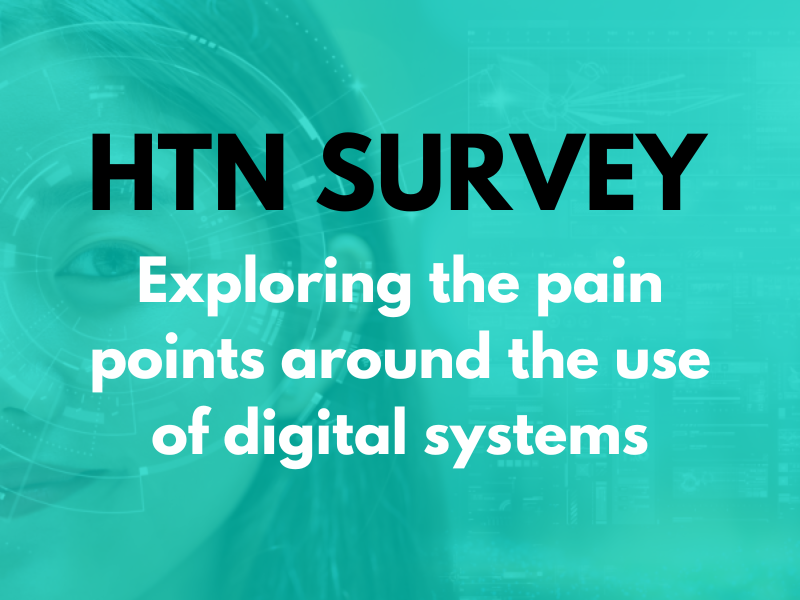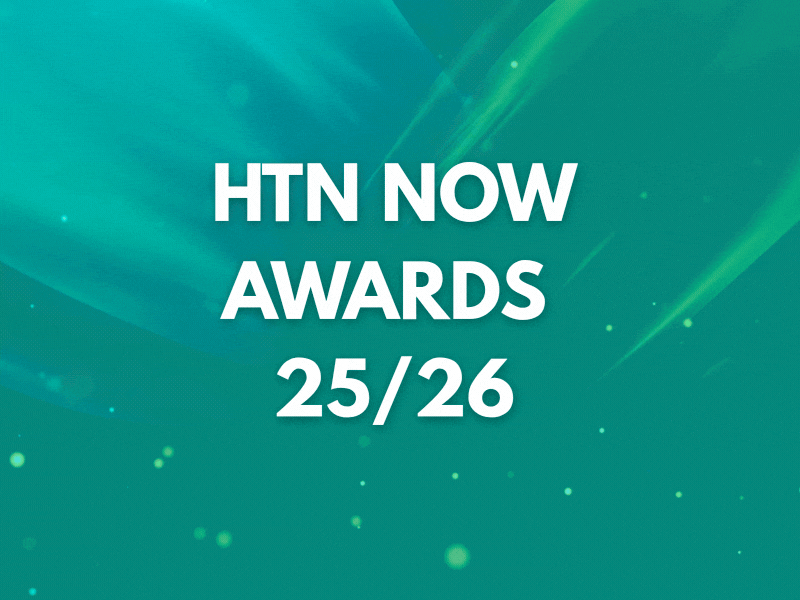A report from the independent ADHD Taskforce commissioned by NHS England to better understand the challenges affecting those with ADHD and make recommendations for change has been published. It identifies that services “could benefit from harnessing technology” and “need to be digitised and data improved”.
Main findings include that many services remain paper-based and “rely on expensive clinicians spending time on lengthy administrative tasks”. ADHD data is also limited, and where it does exist, it is “poor quality” or does not link across systems, leading to duplication. “We support the recommendation in the Darzi review to harness technology to simplify and speed up clinical processes and systematically gather data on ADHD across England,” the taskforce states. “This will reduce the burden on clinicians and free their time to focus on what matters – clinical care as well as enable evidence-informed planning and costing of services.”
The DHSC should prioritise the digitalisation of ADHD services, the taskforce highlights, to help speed up routine administrative tasks, help manage waiting lists, and improve efficiencies. To improve the evidence base, it also recommends that NICE should “scope an early value assessment (EVA) of digital products delivering improved outcomes and efficiencies for ADHD management and treatment across the pathway and settings of care”. Highlighting that current data on ADHD waiting lists, referrals, outcomes, regional and local diagnosis and treatment rates is “poor quality”, the taskforce emphasises that NHSE and the DHSC should focus on data improvement work.
Looking to the shift from hospital to community, the taskforce suggests the use of a “single, accessible front door”, with ICSs working with other local services to modernise ADHD pathways. It points to an example from Canada, where the community-based Integrated Youth Service offers an “evidence-based one-stop shop” offering support for neurodivergence, education, peer support, and social services. A move to a more “generalist model” is also recommended, to enable involvement from wider services and align ADHD management with that of conditions such as diabetes.
Recommendations for immediate action include cross-agency and government department working to improve data capture digitally and support the joining up of datasets, as well as the routine collection and analysis of data by the Office for National Statistics on ADHD in education, health, the workforce, and the justice system.
An ADHD data improvement plan published by NHSE in May has already set out a roadmap of planned actions to improve data quality and introduce regular reporting. “We know our ADHD service provision has not kept pace with demand and there is a need to improve access, experience and outcomes,” the plan states, outlining the importance of accurate data in helping understand patient experience, enable service improvement, and support work on tackling health inequalities.
More on the role of data in improving service delivery and transformation
For HTN Now a panel of experts from across the health sector discussed how general practice, PCNs, and ICBs can utilise data and leverage technology to support operational efficiencies and improvements across primary care. Panellists included Kathryn Salt, assistant director of primary & community care, data and analytics for the Transformation Directorate, NHS England; Dr Shanker Vijayadeva, GP lead, digital transformation for the London region at NHS England; Dr Sheikh Mateen Ellahi, GP and practice partner at ELM Tree Surgery and South Stockton Primary Care Network; and Max Gattlin, digital consultant at X-on Health.
A separate discussion focused on the role of digital and data in transformation in women’s healthcare, as well as barriers and the future outlook in this arena. Panellists included: Saima Sharif, NHS obstetrician & gynaecologist, North Middlesex University Hospital NHS Trust and digital/AI adopter for women’s health; Dr Nikita Kanani MBE, GP and chief strategy and innovation officer at Aneira Health; Sally Mole, senior digital programme manager – digital portfolio delivery team at The Dudley Group; and Vicky Rothwell, lead enterprise architect, Aire Logic.
Leeds Teaching Hospitals NHS Trust has signed a multi-year strategic partnership with Arcturis, becoming part of Arcturis’ Real-World Data Network, a network providing real-time access to “diverse and enriched” health data representative of the UK population. The network, approved by the Health Research Authority, brings together anonymised data including medications, lab tests, pathology reports, and clinical notes, along with other unstructured data, into disease specific datasets, which are then used to generate precision insights to inform drug development.






